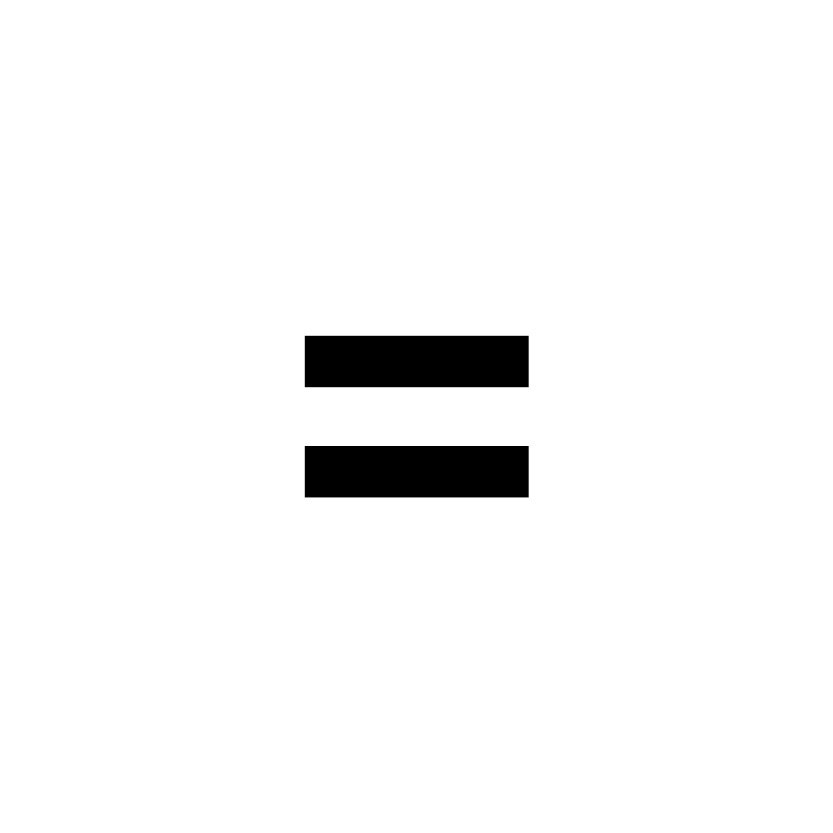
DEFINING EDI
EQUity
What it is not :
The simplest and most common statement of the principle of equality is that likes should be treated alike. This definition of equality assumes that the same treatment is always appropriate. Yet, where there is a context of preceding disadvantage, the “like” treatment may in practice entrench inequality. Unequal treatment may be necessary to achieve genuine equality.
DIVERSITY
What it is not :
Diversity without inclusion is tokenism. Boosting numbers of people from different social and political backgrounds without placing value on those differences but merely undertaking the exercise to boost public perception is harmful and disingenuous. Diversity numbers are just that — statistics. Without inclusion, diversity just creates another problem. That problem is tokenism.
INCLUSION & REPRESENTATION
What it is not :
Inclusion is not about inviting people from different backgrounds out of an appreciation of their differences but then proceeding to devalue that difference by requiring them to adopt the views and culture of that organisation. It is not about including people only to deny what makes them different once they are inside the organisation. Inclusion is not about requiring those who are different to assimilate.
EQUity DEMANDS UNEQUAL TREATMENT IN FAVOUR OF THE DISADVANTAGED.
What it is:
Including Society advocates for equity which means sometimes treating people differently in order to achieve fair and just outcomes. This definition of equity demands unequal treatment in favour of the disadvantaged.” It means not equal but proportional distribution of resources taking into account the different starting points for different people
Equity is better suited to redress disadvantage; address stigma, stereotyping, prejudice, and violence; enhance voices and participation; and accommodate difference and to achieve structural change. We believe that the definition of equity should be responsive to those who are disadvantaged, demeaned, excluded, or ignored.
What it is:
Different than doesn’t mean less than. Including Society stands for in an inclusive and meaningful diversity as envisaged by our Constitution which is about building an organisation that reflects the broader South African society, taking account of the differences between people, and groups of people and placing a positive value on those differences for the benefit of the organisation’s performance and contribution towards a more inclusive South Africa. Homogeneity impedes creativity. The more diverse an organisation is the more creative it will be as a natural outcome of having diverse voices around the table.
Only meaningfully diverse spaces can challenge the bias and conscious biases we hold about others otherwise we run the detrimental risk of perpetuating the silos that allow our misconceptions that create deep divisions between people.
What it is:
Diversity is but the first step and means very little without inclusion. Including Society believes that true Inclusion is about accepting people within the organisation for who they are and creating an environment in which they can express themselves and make meaningful contributions.
Inclusion is about the removal of obstacles to the full participation and contribution of people. It is about considering the experience and needs of different people once they are in their roles in order to ensure that they are effective in their roles and have the platform to be able to perform, contribute to an organisation from a place that is authentic. It is about creating a culture where people feel personally appreciated and respected and can add meaningful value to the organisation
The consumers who use the services of an organisation want to see themselves represented at every level of that organisations of that structure. Representation increases the public’s confidence in an organisation that reflects part of their identity as people. It makes consumers feel secure and seen knowing that there is someone like them within the halls of an organisation that can voice their needs.
DIVERSITY WITHOUT INCLUSION IS TOKENISM.
What our Constitution dictates
Measures which allow for discriminating against people in order to achieve equality are not in themselves a deviation from, or invasive of, the right to equality guaranteed by the Constitution. They are not “reverse discrimination”. They are critical to the realisation of equality in our society.
“Our Constitution differs from other constitutions which assume that all are equal and in so doing simply entrench existing inequalities. Our Constitution recognises that decades of systematic racial discrimination entrenched by the apartheid legal order cannot be eliminated without positive action being taken to achieve that result. We are required to do more than that. The effects of discrimination may continue indefinitely unless there is a commitment to end it.”
Bato Star Fishing (Pty) Ltd v The Minister of Environmental Affairs and Tourism
What our Constitution says
The Preamble of the Constitution emphasises that South Africa belongs to all who live in it, united in diversity.
“Our constitutional project which not only affirms diversity but promotes and celebrates it. We cannot celebrate diversity by permitting it only when no other option remains.
Mec for Education of KwaZulu- Natal v Pillay
“The acknowledgment and acceptance of difference is particularly important in our country where for centuries group membership based on supposed biological characteristics such as skin colour has been the express basis of advantage and disadvantage. South Africans come in all shapes and sizes. The Constitution thus acknowledges the variability of human beings…affirms the right to be different, and celebrates the diversity of the nation.”
Lesbian and Gay Equality Project and Others v Minister of Home Affairs and Others



